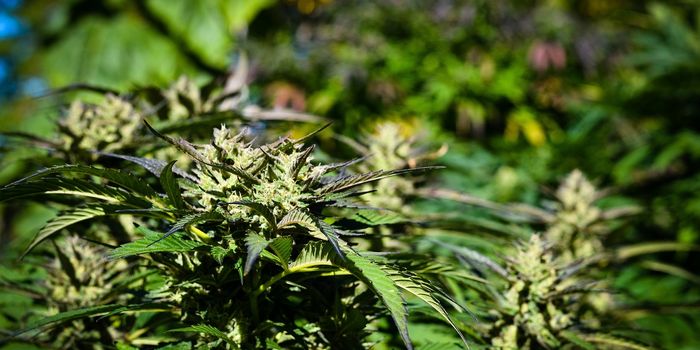CBD Reduces Anhedonia in Isolated Male Mice
A recent study found that cannabidiol (CBD) reduced anhedonia- a key symptom of depression- in socially isolated mice. Anhedonia is defined as a lack of pleasure, enjoyment, or interest from life experiences. The research was published in Behavioral Brain Research.
Estimates suggest that around 20% of the world’s population will experience at least one depressive episode during their lifetime. In mouse models, social isolation leads to behavioral and physiological changes similar to those that occur in humans, such as cognitive decline and increased symptoms of depression and anxiety.
So far, however, studies have produced mixed results on how CBD affects anxiety in rodents. Further research into how CBD affects behavior is crucial, given the broad public access to the substance.
In the current study, researchers investigated the effects of chronic CBD administration on depression and cognitive changes stemming from social isolation in adult male mice. For the study, mice were subjected to either group housing or social isolation for 12 weeks.
A series of behavioral assessments, including the sucrose preference test, the open field test and the tail suspension test, were conducted to evaluate CBD's effects on emotional and cognitive changes in isolated mice. The researchers also analyzed hippocampal gene expression for cannabinoid type 1 receptors (CB1R), serotonin type 1 A receptors (5HT1AR), and brain-derived neurotrophic factor (BDNF).
While CBD reduced anhedonia in isolated mice, it did not significantly reduce symptoms of anxiety. The substance also unexpectedly induced anxiety-like behavior in group-housed mice.
The researchers further found that while social isolation impaired recognition memory and reduced BDNF expression, CBD protected memory in isolated mice.
“These findings suggest that CBD has potential antidepressant and neuroprotective effects in social isolation-induced depressive models, although its anxiogenic effects in non-stressed mice warrant further investigation,” wrote the researchers in their paper.
Sources: Behavioral Brain Research









